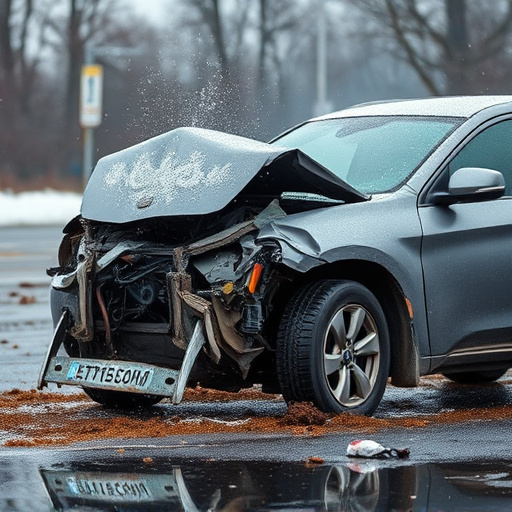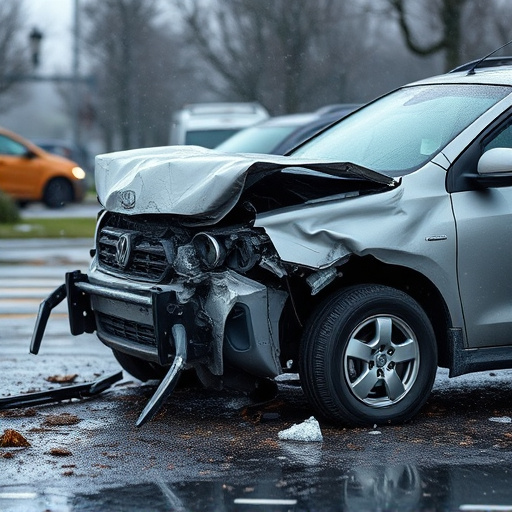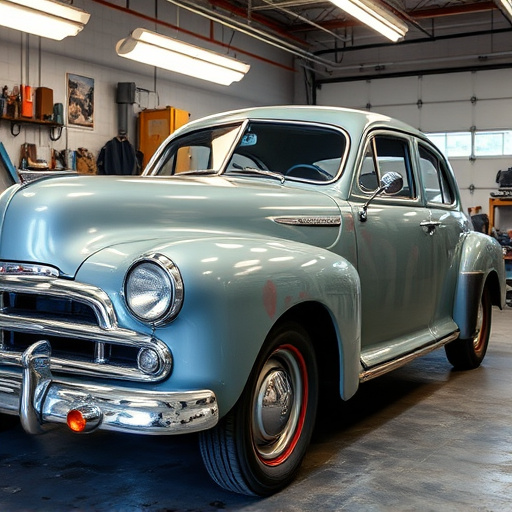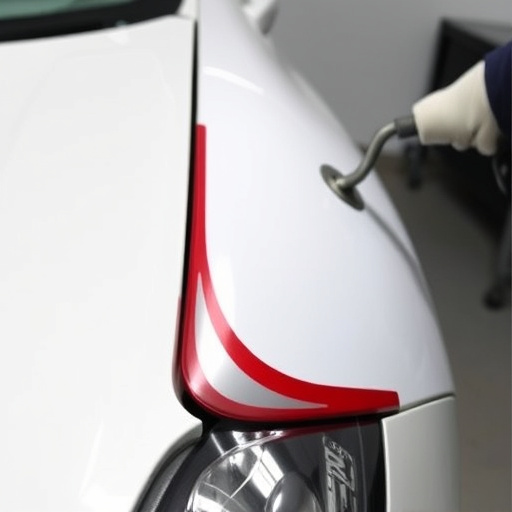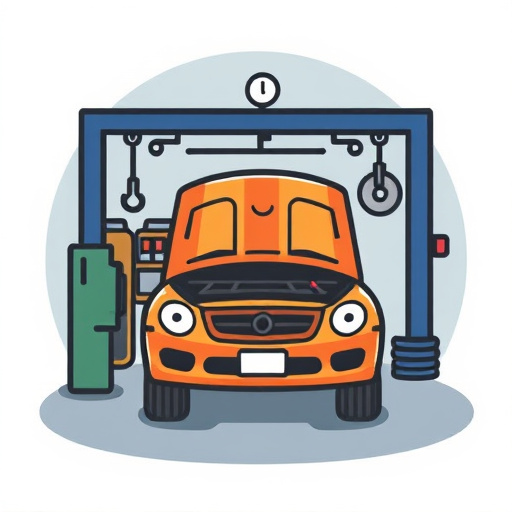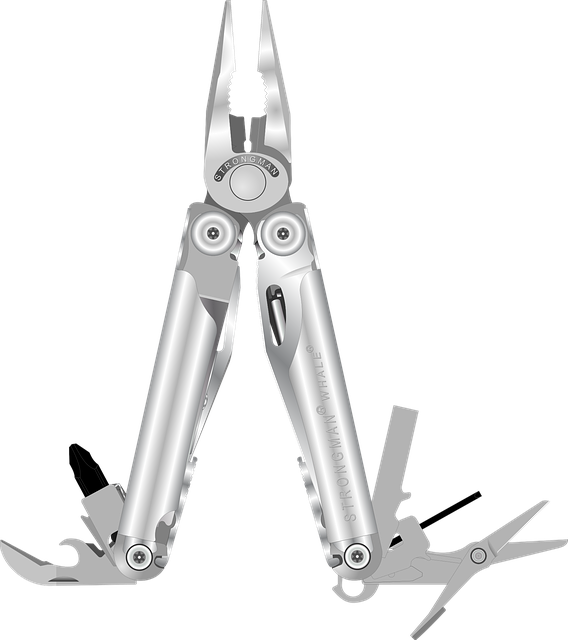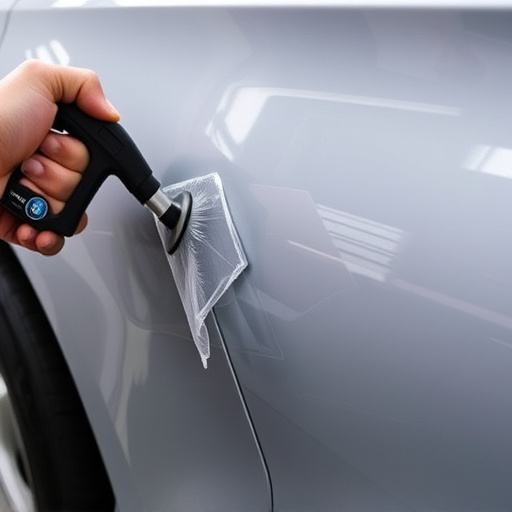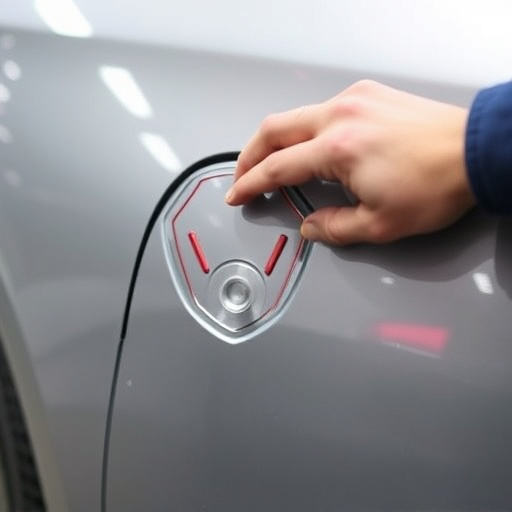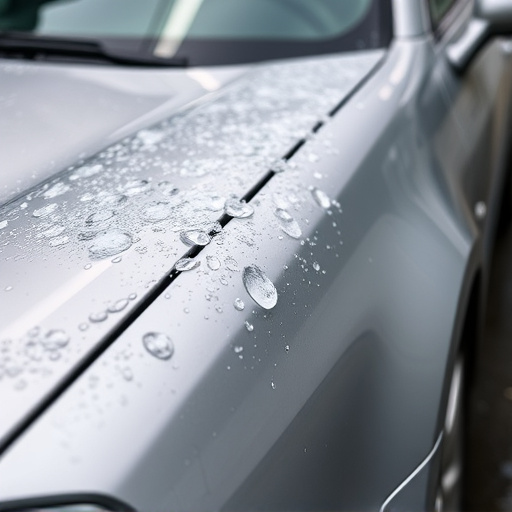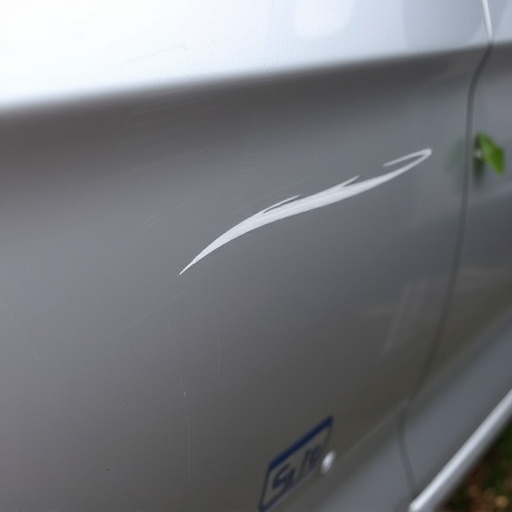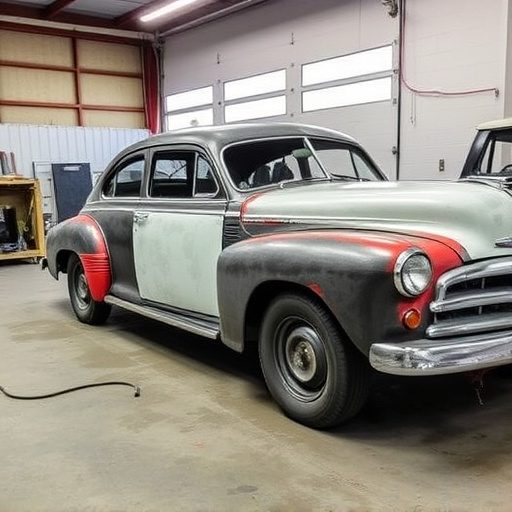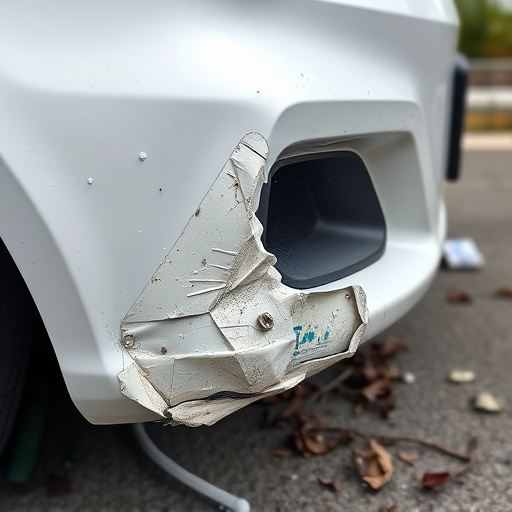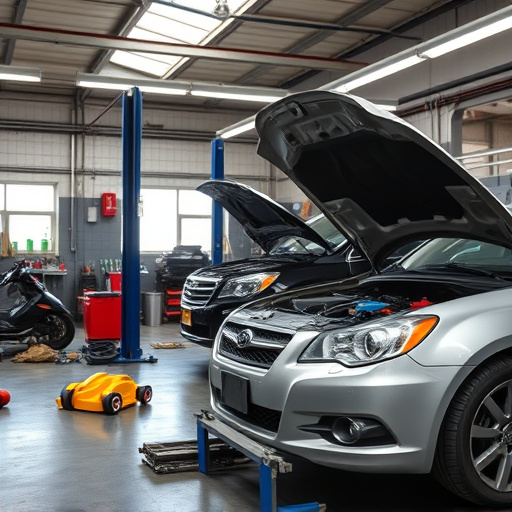Repair Quality Verification (RQV) is a critical process for auto body shops to ensure vehicle repairs meet high standards, fostering customer satisfaction and trust in a competitive market. RQV involves thorough inspections, comparing findings with specifications, verifying parts and workmanship, and maintaining meticulous records, all to deliver top-notch services and enhance shop reputation. However, it demands significant investment in knowledge, tools, and resources, impacting repair times. Balancing these factors is key to staying competitive in the dynamic auto maintenance industry.
In the realm of collision repair, ensuring precision and quality is paramount. Repair Quality Verification (RQV) plays a pivotal role in maintaining standards and customer satisfaction. This article delves into the essence of RQV, exploring its significance in enhancing collision shop performance. We dissect key processes, unravel benefits, and address challenges, offering a comprehensive guide to optimizing repair accuracy. By understanding RQV’s impact, shops can foster excellence, instill trust, and deliver top-tier services.
- Understanding Repair Quality Verification Importance
- Key Processes in Effective Collision Shop Verification
- Benefits and Challenges: A Comprehensive Look
Understanding Repair Quality Verification Importance

In the realm of collision shops and auto maintenance, Repair Quality Verification (RQV) stands as a pivotal process, ensuring that every vehicle leaving the premises meets the highest standards. This meticulous procedure is not just about checking repairs; it’s a commitment to customer satisfaction and safety. For businesses offering fleet repair services or operating as collision repair centers, RQV is more than a best practice—it’s an indispensable tool.
By implementing rigorous RQV protocols, these facilities guarantee that each auto maintenance task is executed with precision and integrity. This becomes especially critical in a competitive market where customers demand top-notch work. A robust RQV system allows collision repair centers to maintain their reputation, foster client trust, and even attract new business through word of mouth. It’s a cornerstone for any successful auto body shop, ensuring that every vehicle rolled out is a testament to their skills and dedication to quality.
Key Processes in Effective Collision Shop Verification
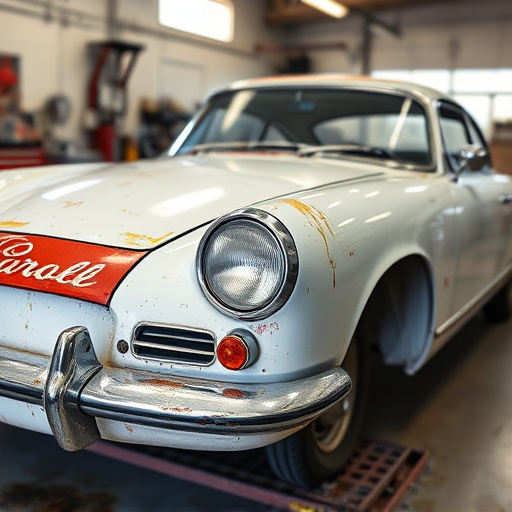
In an auto body shop, effective collision shop verification is a multifaceted process that ensures every repair meets or exceeds industry standards. The key processes begin with a meticulous inspection of the damaged vehicle, where skilled technicians assess the extent of the harm. This initial step involves both visual examination and advanced diagnostic tools to identify hidden damage, especially in cases of frame straightening, which is crucial for structural integrity. Technicians then compare these findings with the original specifications and manufacturer guidelines.
Subsequent processes include cross-referencing repair records, verifying the use of genuine parts, and checking the quality of workmanship. For instance, car scratch repairs demand precision and attention to detail to ensure minimal scarring. Ultimately, this verification ensures that customers receive top-notch services, maintaining their vehicles’ safety and aesthetic appeal.
Benefits and Challenges: A Comprehensive Look
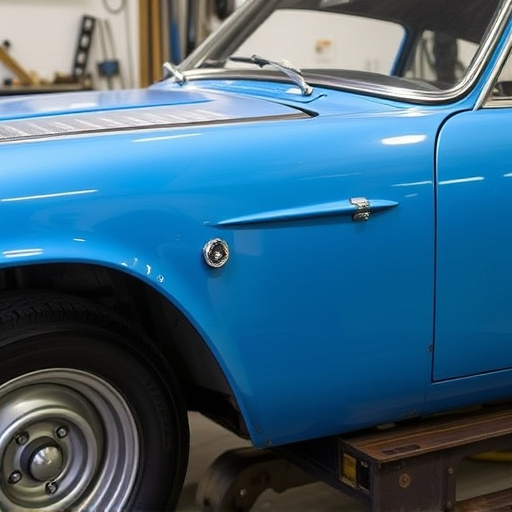
The process of repair quality verification plays a pivotal role in collision shops, offering both significant advantages and unique challenges. On the benefits side, this meticulous check ensures that car body repair and automotive restoration meet the highest standards. It involves a comprehensive evaluation of the work done, from structural integrity to paint finish, ensuring each auto collision center provides accurate, safe, and aesthetically pleasing repairs. This not only boosts customer satisfaction but also builds trust in the shop’s capabilities.
However, the challenges are no less substantial. Repair quality verification demands specialized knowledge and tools, which can be a significant investment for smaller auto collision centers. Additionally, it requires dedicated time and resources, potentially lengthening repair turnaround times. Balancing these factors is crucial to maintaining competitive edge while delivering exceptional repair quality in the dynamic landscape of car body repair services.
Repair quality verification is an indispensable practice for collision shops, ensuring high-quality repairs and customer satisfaction. By implementing robust processes, shops can achieve precision, efficiency, and consistency in their work. While there are benefits such as improved safety, enhanced reputation, and reduced liability, challenges like maintaining consistent training and adapting to new technologies must be addressed. Through ongoing evaluation and adaptation, collision shops can master repair quality verification, ultimately fostering trust and delivering exceptional service.
